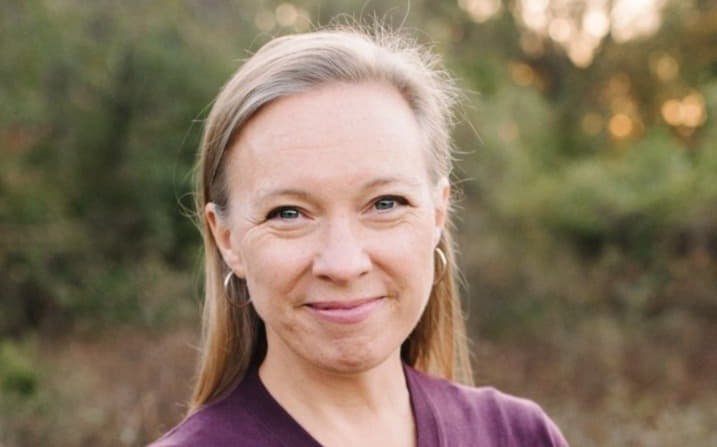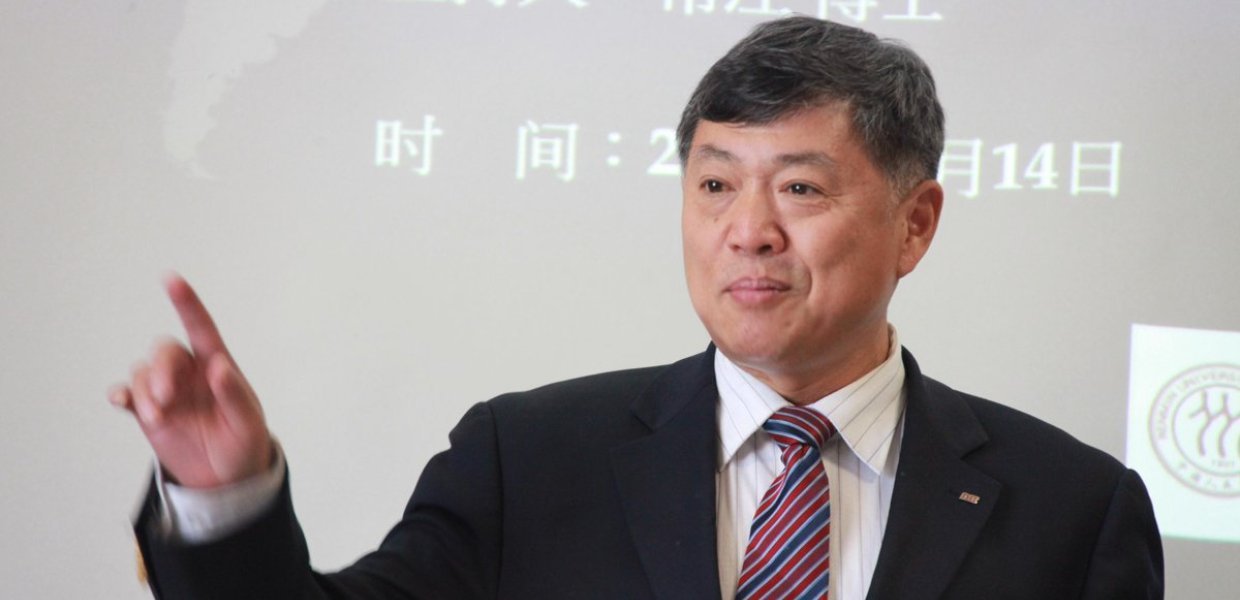he Colorado Foothills World Affairs Council is privileged to have two very distinguished and widely experienced former diplomats on its Board. They will share with us some of the most interesting challenges they faced around the world. The audience is encouraged to participate in a two-way discussion.
Richard W. Mueller was a 32-year career Foreign Service Officer, Class of Minister-Counselor. As a capstone to his career, he served as American Consul General (Chief of Mission) in Hong Kong, 1993-96, in the formative years leading up to Hong Kong's return to the PRC. Previously he was Deputy Executive Secretary of the Department of State under Secretary George Schultz and Deputy Assistant Secretary of State for Legislative Affairs under Secretary James Baker.
Earlier in his career he worked in the office of Secretary Kissinger where he met his wife, Claire. Working for Kissinger, they traveled with him on his five-week successful Israeli-Syrian disengagement shuttle mission in 1974. He specialized in Asian and Chinese affairs, serving in Canberra, the American Embassy in Saigon for two tours during the war, Taiwan for Chinese language training, Beijing in the 1970's at the tail end of China's Cultural Revolution and the death of Mao Zedong, Hong Kong in the 1980's as China began its reform and opening, and assignments in Washington relating to China and Asia. He retired in 1998 and subsequently was Director of the Asia Society Hong Kong Center and then for fifteen years served as Head of School of three schools, Northfield Mount Hermon School in Massachusetts, Hong Kong International School, and Shanghai American School. Richard served for twelve years on the board of trustees of the Chinese American International School in San Francisco and serves as an affiliate of the Denver University Korbel School's Center for China-US Cooperation. Richard and Claire moved from Shanghai to Golden, Colorado in 2016. They are the proud grandparents of seven grandchildren in Golden and San Francisco.
Stanley Harsha is a former United States diplomat with 28 years of experience in the Foreign Service, focused on Asia, with expertise in education and cultural exchanges. During his 28-year diplomatic career, in positions that included United States Consul General for Sumatra, in Medan, Indonesia (2009-2011). He was responsible for the Sumatran consular district (population 50 million), during which time he coordinated U.S. emergency response to numerous natural disasters and terrorist threats. As the Information Officer in Jakarta (2001-2004), he led the public information campaign in Indonesia during the troubled post-9/11 period, acting as the U.S. Embassy spokesperson in the world’s largest Muslim majority country. Stan’s other Foreign Service assignments included: Public Affairs Officer in Windhoek, Namibia (2004-2006), as Information Officer in Kuala Lumpur (1991-1995); and Public Affairs Officer in Medan, Sumatra (1987-1990). He has received numerous State Department awards and is fluent in Indonesian, Spanish and Mandarin Chinese. Before retiring as a diplomat in 2013, he served as a senior policy advisor for the Bureau of Educational and Cultural Affairs at the State Department (2011-2013), playing a key role in the U.S. “pivot to Asia” policy under Secretary Clinton, and as Director of the Fulbright Foreign Scholarship Board. He now divides his time between the United States and Asia, dedicating his time to writing, advancing international educational exchanges between Asia and the United States, and promoting international tolerance and understanding.
His critically acclaimed book, Like the Moon and the Sun, was published in May 2015, comparing Indonesian and American societies, with analysis of culture, politics, religion, and human rights, based on his 30 years of connection with Indonesia.















